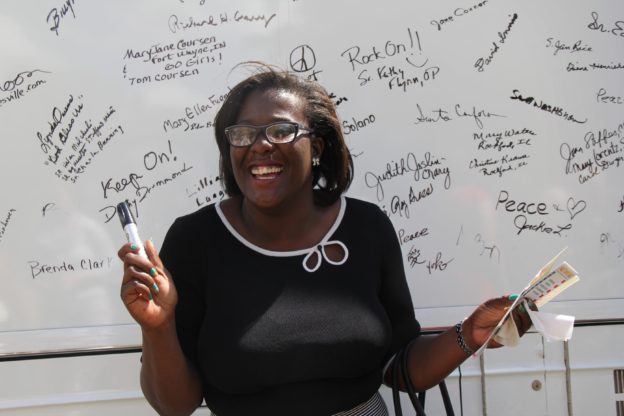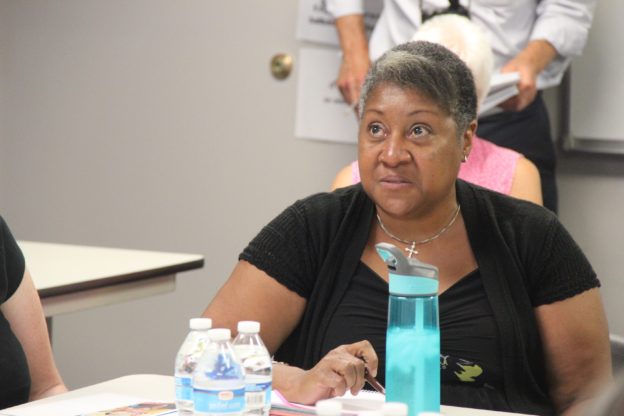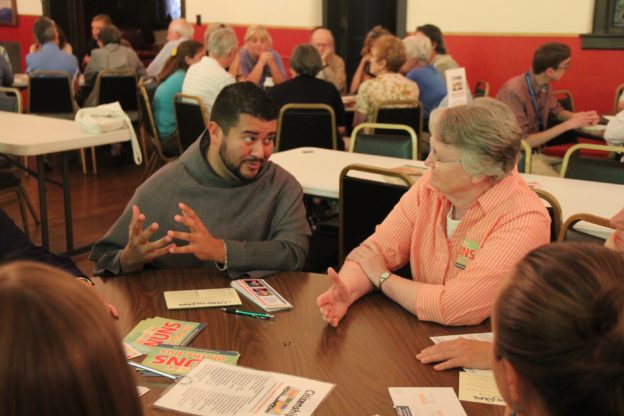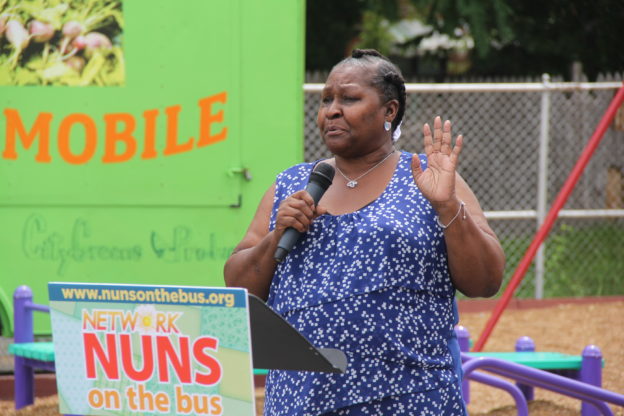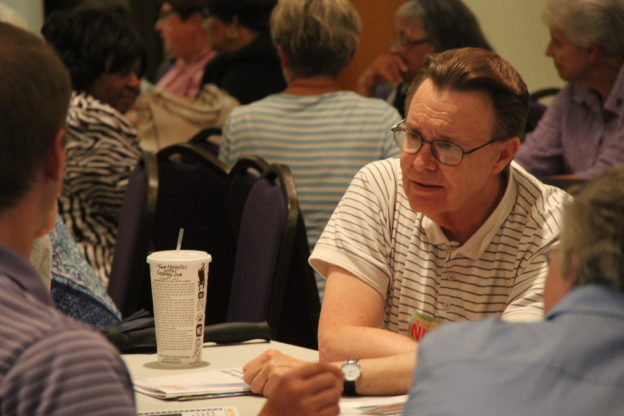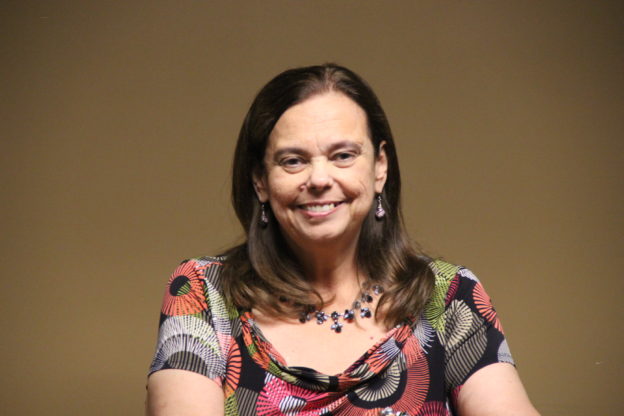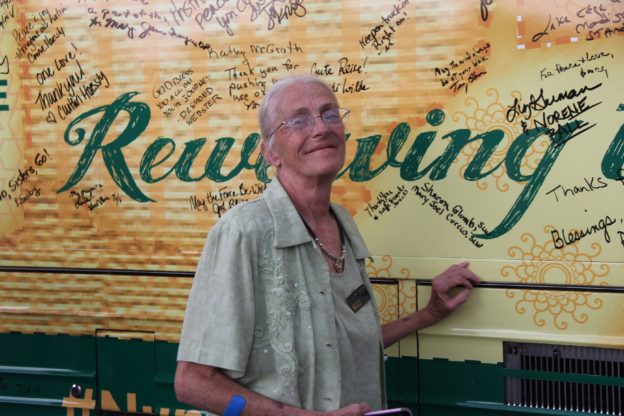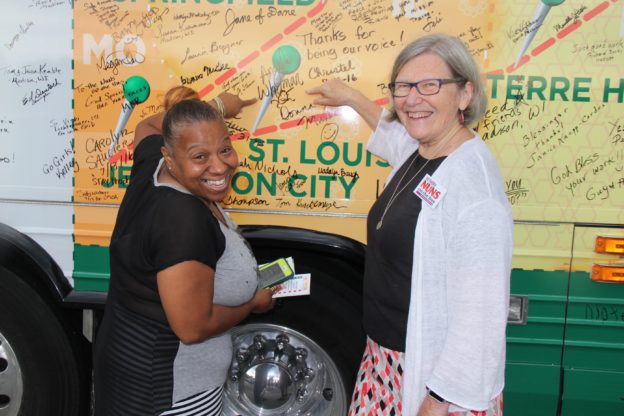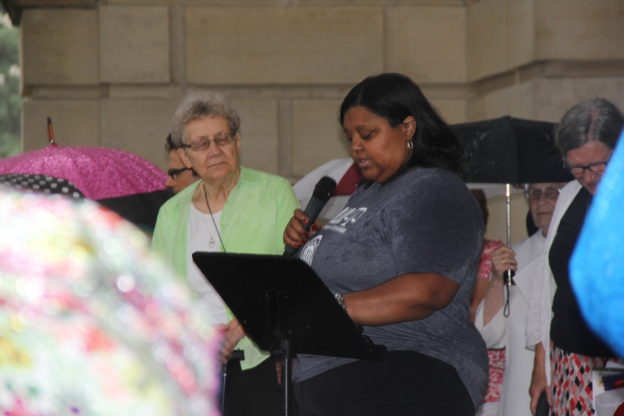Wanita shares about her mother, who was a nurse, very intelligent, and yet still struggled with having a healthy mentality. She notes the issues of thinking that you’re either not good enough, or think that you’re too good. Both these mentalities, she says, make it hard for one to feel like one belongs.
She shares the difficulty of raising children and wanting them to believe they they can do anything without having them fall into these pitfalls. She especially notes the challenges of being black and raising black children in this respect, in a society that tends to think that “the darker you are the lazier you look.”







